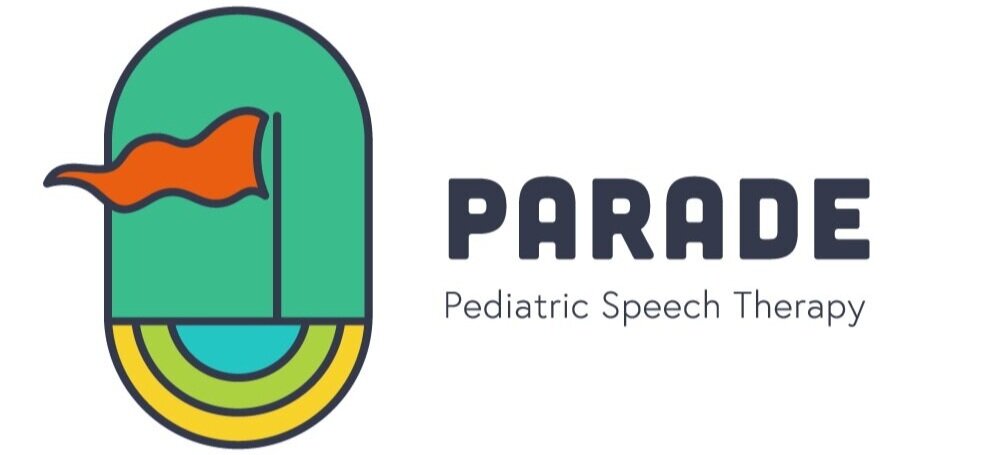5 Ways To Support Hyperlexic Children With Language and Communication
Is your child hyperlexic? Hyperlexia occurs when children can read far beyond their expected developmental level. Hyperlexia is a learning style that often co-occurs with autism, but not always. Hyperlexic children typically have a strong interest in letters and numbers!
For example, your child may love games and toys with the alphabet, or songs about numbers and letters. Hyperlexic children often learn to read without anyone having to teach them explicitly. Though they can decode very early, they can also struggle with reading comprehension.
Hyperlexic individuals are often also gestalt language processors and they first learn language in longer chunks rather than learning single words. They can struggle with communication skills such as answering wh-questions in conversations and forming original sentences to express their thoughts and ideas. If you think your child might also be a gestalt language processor, it is important to know what stage of Natural Language Acquisition (NLA) (Blanc 2012) your child is in before working on any language goals. Here is more information on NLA.
Here are a few ways you can support hyperlexic learners with communication skills:
Write down steps to new tasks.
New tasks can be challenging for hyperlexic learners. To support success, write down the steps to the task on a piece of paper or a whiteboard. For example, if you are learning to play a new game, write down the order of play and the rules so that the learner knows what to expect. Having the steps written down supports the learner to have a place to go back to to reference what they should do next, and to remind them of rules in the game.
Write down multiple choice answers.
If your hyperlexic learner is having difficulty answering a wh-question, scaffold your support by writing out a multiple choice answer to see if they can choose the correct answer. For example, if you verbally ask your learner, “What is the weather like today?” and they have trouble answering, first write the question out for them. If they still have trouble answering, write answers such as “sunny, snowy, rainy” to see if they can choose from the given choices. Oftentimes hyperlexic learners need to see language written for them to process it and answer wh-questions while they are learning. If your child is a gestalt language processor, working on wh-questions is not advised until Stage 4 and above of NLA.
Use Augmentative and Alternative Communication (AAC) to support communication.
AAC such as a notes app on an iPad or phone can help support communication with hyperlexic children. Using the voice to text option, speak into the app so it will type out everything you are saying. This is faster than writing out all of your words! This helps hyperlexic learners see the language you are communicating to them which facilitates comprehension. Your learner can also type their responses to you, and many hyperlexic children learn to type on their own at young ages.
Provide written self-advocacy phrases (scripts or gestalts) to support expression and emotional regulation.
Hyperlexic learners often struggle with wanting to achieve perfection and can become dysregulated, anxious and upset when they don’t know the correct answer to a question or how to do a task. Provide scripts for the learner such as “It’s okay to make a mistake,” or “I’m learning something new,” to help hyperlexic learner self-regulate through challenging tasks. For example, I often model making mistakes such as misspelling a word, and I model the phrase, “I made a mistake! That’s okay, I can try again.”
Presume competence.
Often hyperlexic learners have trouble showing us what they know when information is presented verbally without text support. Many hyperlexic learners have difficulty answering wh-questions when presented verbally, but can answer the questions very well when the question is written down and when they are given scaffolded support such a multiple choice answers. Don’t assume that your child doesn’t know something based on verbal communication only. Try the strategies above to see if they can help your learner show you more about their inner world and knowledge!
I have worked with a lot of hyperlexic learners and their families to build on their incredible skill in decoding to support language development and communication.
Contact me for a free consultation if you’d like to learn more about how we could work together to support your child.
Hyperlexia Resources:

